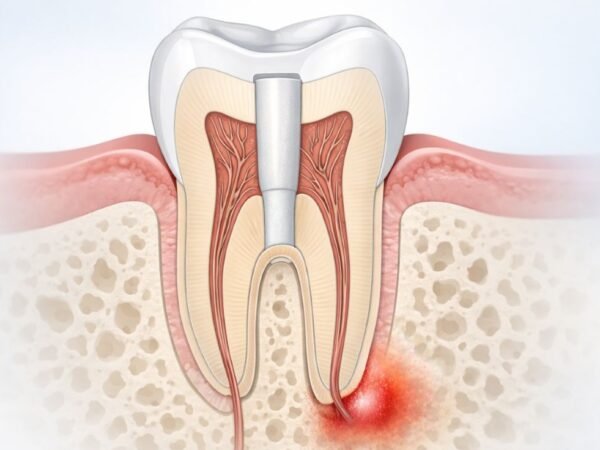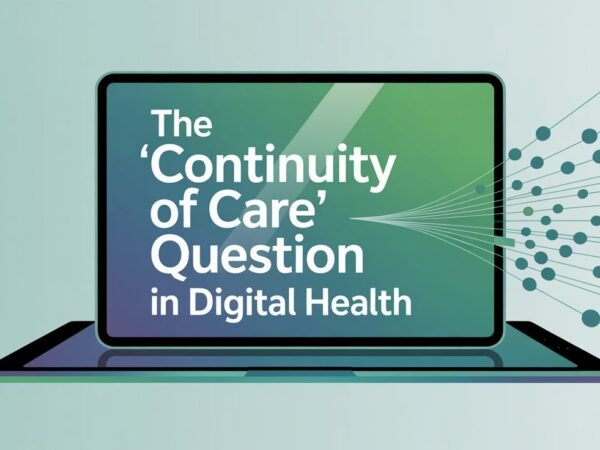When seeking addiction treatment, the decision between a facility that restricts phone use and one that allows patients to keep their phones can significantly impact the rehab experience. While many rehab centers adopt a no-phone policy to ensure patients fully focus on their recovery, others understand the importance of staying connected with the outside world and offer more lenient guidelines. This article will dive into the advantages and disadvantages of rehabs that let you keep your phone to help you make an informed decision.
Choosing a rehab facility that allows patients to keep their phones can be a crucial factor for many individuals seeking treatment. While the concept offers several advantages, such as maintaining personal connections and managing work obligations, it also poses potential risks, including distractions and exposure to negative influences. This article explores the pros and cons of rehabs that let you keep your phone, providing valuable insight for those considering this option. By understanding both the benefits and drawbacks, you can make an informed decision about what kind of rehab environment best supports your recovery journey.
The Pros of Rehabs That Let You Keep Your Phone
Staying Connected with Loved Ones
One of the most significant benefits of choosing a rehab that lets you keep your phone is the ability to stay in touch with family and friends. Addiction recovery can be an emotionally taxing process, and having a direct line to your support system can provide essential comfort and motivation. Whether it’s a daily check-in with a loved one or a quick conversation with a friend, staying connected to your support network can help ease the feeling of isolation often associated with rehab.
Handling Personal and Work Obligations
For many individuals, stepping away from life’s responsibilities can feel overwhelming, especially when it comes to work or family commitments. Choosing a rehab that lets you keep your phone allows you to manage essential personal and professional tasks. You can communicate with your employer, stay updated on work matters, or handle family emergencies without feeling out of control.
Access to Recovery Resources
Smartphones provide easy access to a wide range of resources that can complement rehab treatment. You can use meditation apps, listen to recovery podcasts, or read helpful articles that support your healing journey. While many rehabs provide tools to aid in recovery, having your phone allows you to customize the resources you use and make them a part of your daily routine.
Improved Mental Well-Being
The ability to maintain some level of normalcy while in rehab can benefit your mental health. For many, cutting off all communication with the outside world may lead to feelings of anxiety or stress. By allowing controlled access to your phone, you can stay updated on your life outside of rehab, reducing anxiety and helping you remain focused on recovery without unnecessary distractions.
Building Digital Support Communities
Recovery is often an ongoing process that extends beyond the walls of rehab. With access to your phone, you can connect with online recovery communities and support groups that offer encouragement and accountability. These digital communities can provide valuable support, especially after rehab, as you transition back into everyday life.
The Cons of Rehabs That Let You Keep Your Phone
Distraction from Recovery
One of the primary reasons many rehab facilities enforce a no-phone policy is to eliminate distractions. Addiction recovery demands focus and dedication, and constant phone access can take attention away from therapy and other rehab activities. The temptation to scroll through social media, play games, or respond to non-urgent messages can undermine the treatment process.
Potential Exposure to Negative Influences
When going through addiction recovery, minimizing contact with individuals or environments that could trigger a relapse is essential. Keeping your phone means you have access to people who may not support your recovery journey. Negative influences, such as former drinking buddies, unhealthy relationships, or toxic environments, can still reach you via your phone, which might hinder your progress.
Overreliance on Technology
While a phone can be a helpful tool, relying too heavily on it can prevent you from fully engaging in the rehab experience. Many treatment programs encourage participants to disconnect from technology and focus on their healing process. Being too attached to your phone can serve as a crutch that prevents you from developing healthier coping mechanisms and self-reflection.
Privacy and Security Risks
In some rehab environments, privacy is a significant concern, especially for patients who may share their experiences with others in therapy groups. Having access to your phone can pose a risk to your privacy and the privacy of others, as there is potential for breaches, whether intentional or accidental. Sharing sensitive information or photos via phone could unintentionally expose vulnerable aspects of your or someone else’s recovery journey.
Disruption of Group Dynamics
Group therapy and bonding with fellow patients are crucial aspects of many rehab programs. Allowing phones can disrupt the sense of community within the group. If individuals are constantly checking their devices, it can diminish the group’s focus and energy, weakening the overall support structure of the rehab environment.
Factors to Consider When Choosing a Rehab
Deciding between a rehab that allows phone use and one that doesn’t depends on your personal needs and recovery goals. Here are a few considerations to keep in mind:
- Your Support Network: If staying in touch with family and friends is essential to your recovery, you may benefit from a rehab that allows controlled phone access. However, if you believe those connections might hinder your progress, a no-phone policy may be more effective.
- Your Addiction Type: For those struggling with addictions closely tied to technology or social interactions, such as sex addiction, a no-phone policy might help eliminate triggers and distractions.
- Treatment Goals: If you want to completely disconnect to fully immerse yourself in the recovery process, a no-phone rehab may be a better fit. However, if managing external responsibilities during treatment is crucial to you, a facility that permits phone use could be more practical.
FAQs About Rehabs That Let You Keep Your Phone
Are phones allowed in all rehab centers?
Not all rehab centers allow phones. Some facilities have strict no-phone policies, while others offer more leniency with supervised or restricted phone use.
How often can I use my phone in rehabs that allow it?
The amount of phone use allowed varies by rehab center. Some facilities may let you use your phone during designated hours, while others may allow unrestricted access.
Can using my phone negatively impact my recovery?
Yes, excessive phone use can serve as a distraction, prevent you from fully engaging in therapy, and potentially expose you to negative influences that could hinder your progress.
Are there alternatives to using a phone during rehab?
Many rehabs offer alternative methods of communication, such as scheduled phone calls through landlines or video chats during specific times, ensuring you can stay connected without the distraction of a personal phone.
How do I choose the best rehab that lets me keep my phone?
When choosing a rehab, consider your personal needs, the type of addiction you’re recovering from, and how phone access will impact your treatment goals. It’s essential to weigh the pros and cons before making your decision.
Conclusion
Rehabs that let you keep your phone offer both benefits and challenges. While staying connected and managing responsibilities can provide peace of mind, it’s essential to strike a balance to ensure that phone use doesn’t interfere with the recovery process. By carefully considering your needs and the pros and cons, you can choose the right rehab environment for your journey toward healing.
Do Read: Can I Lose Weight with a Fat Burner?













